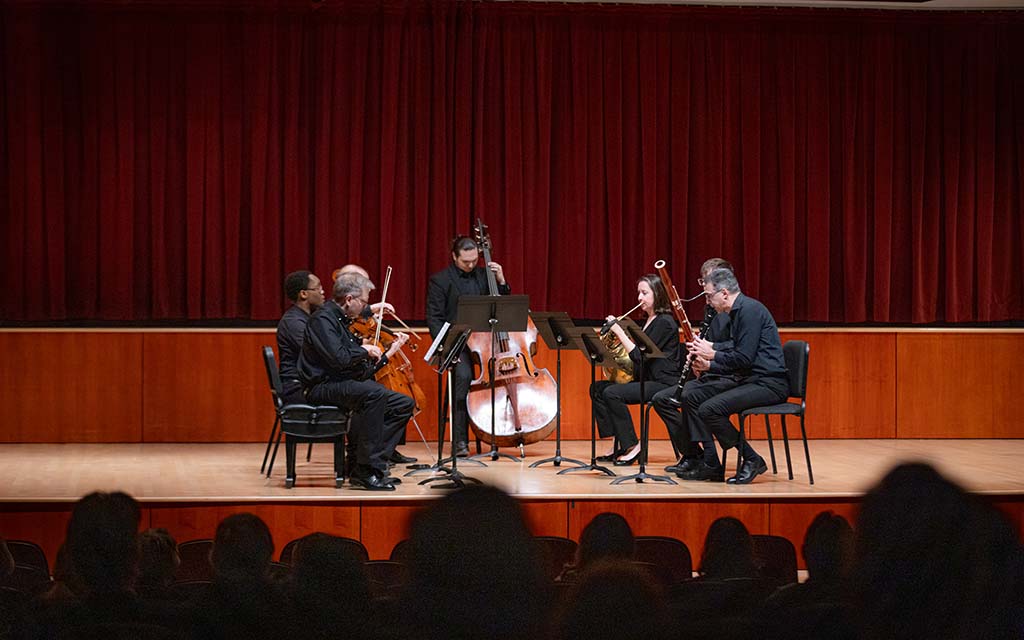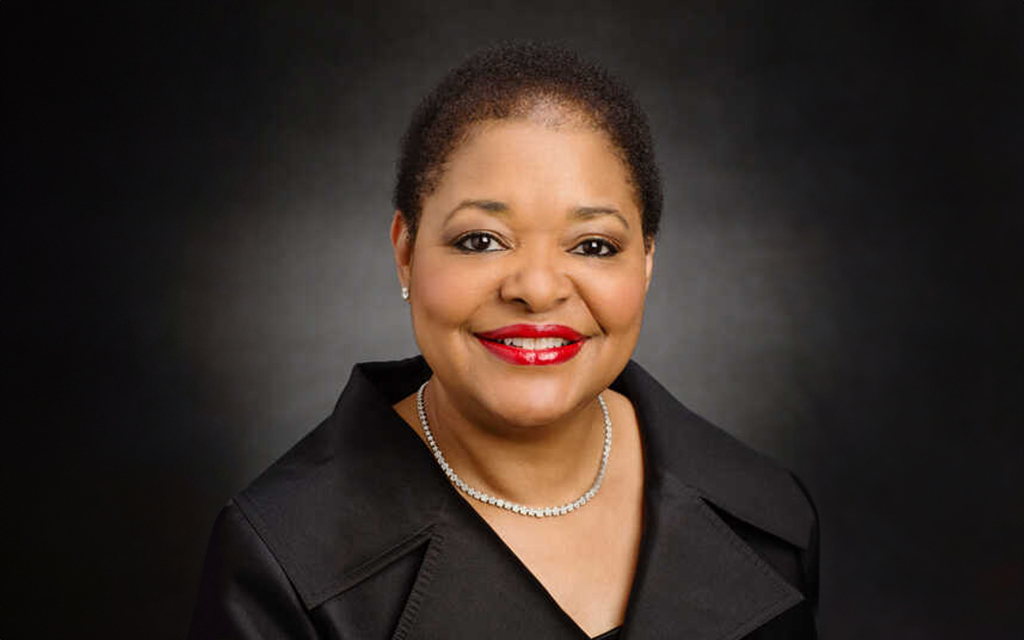Enterprise Risk Management
Enterprise Risk Management
In 2016, the UNC Board of Governors adopted a new policy on University Enterprise Risk Management and Compliance (UNC Policy Manual 1300.7). The policy directs the President of the UNC System to establish and oversee system-wide enterprise risk management and compliance processes including risks related to compliance with laws, ethical standards and the goals of the institution.
Risk Statement
In the increasingly complex world of higher education and arts conservatory training, a focus on mission is essential to sifting through the clutter and aligning resources to make sure the mission, and its attending organizational objectives are supported.
The UNCSA Enterprise Risk Management (ERM) program is the means to identifying, analyzing and treating the risks that could prevent UNCSA from achieving its objectives. An enterprise approach to risk supports resiliency, and by quantifying the risks of decisions and assessing their most probable paths, it can lead to even greater institutional innovation and agility in responding to opportunities as they emerge.
UNCSA Mission
UNCSA provides gifted emerging artists with the experience, knowledge and skills needed to excel in their disciplines and in their lives, and it serves and enriches the cultural and economic prosperity of the people of North Carolina and the nation. UNCSA is the state’s unique professional school for the performing, visual, and moving image arts, training students at the high school, undergraduate and master’s levels for professional careers in the arts.
Risk Appetite
UNCSA administration, faculty and staff consider the university’s risk appetite in both strategic and operational decision-making.
Our overall appetite for risk is relatively low. However, goals outlined in the strategic plan do necessitate some acceptance of risk that accompanies growth and reward. At times, UNCSA must undertake activities that inherently carry greater risks in order to pursue rewards that will propel the school forward. To that end, our risk appetite will often be different at an activity level than at an institutional level.
The key challenges in achieving balance are to ensure:
- ethical and effective governance practices, including responsible stewardship of resources, the realization of opportunities and allowing innovation while avoiding unnecessary bureaucracy; and
- avoidance of a risk averse culture that can stifle innovation, rather than support it, through the correct assessment and management of risks.
UNCSA’s approach is to minimize exposure to risks relating to compliance, environment, culture, and people, all while accepting and encouraging an increased degree of risk in pursuit of its vision and strategic goals. UNCSA recognizes that its appetite for risk varies according to the activity undertaken, and that its acceptance of risk is always subject to ensuring potential benefits and risks are fully understood before developments and plans are authorized. The university is committed to establishing sensible measures to mitigate risk where required.
UNCSA ERM Steering Committee
- Jim DeCristo, Co-chair, Vice Chancellor for Economic Development & Chief of Staff
- Rod Isom, Co-chair, Interim Chief Audit Officer & Executive Director of Institutional Compliance for Winston-Salem State University/UNC School of the Arts
- Patrick Sims, Executive Vice Chancellor & Provost
- David Harrison, Vice Chancellor for Institutional Integrity and General Counsel
- Wendy Emerson, Vice Chancellor for Finance and Administration
- Lissy Garrison, Vice Chancellor for Advancement
- Kory Kelly, Vice Chancellor for Strategic Communications
- Laurel Donley, Vice Provost & Dean of Student Affairs
- Amanda Balwah, Associate Vice Chancellor for Institutional Integrity and Secretary of the University
ERM Contacts
Jim DeCristo
Email: decristoj@uncsa.edu
Office: 336-734-2862
Amanda Balwah
Email: balwaha@uncsa.edu
Office: 336-770-1321
Rod Isom
Email: isomsr@wssu.edu





